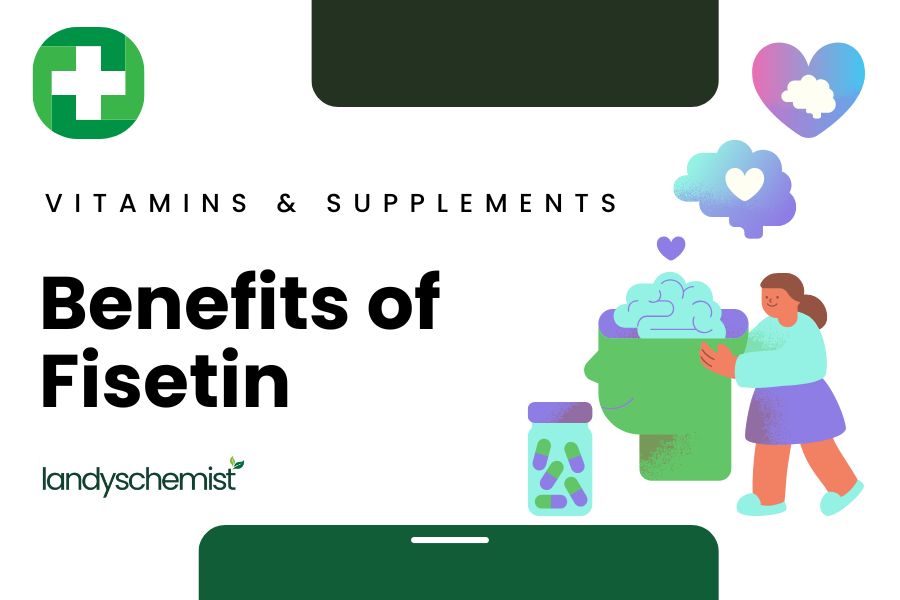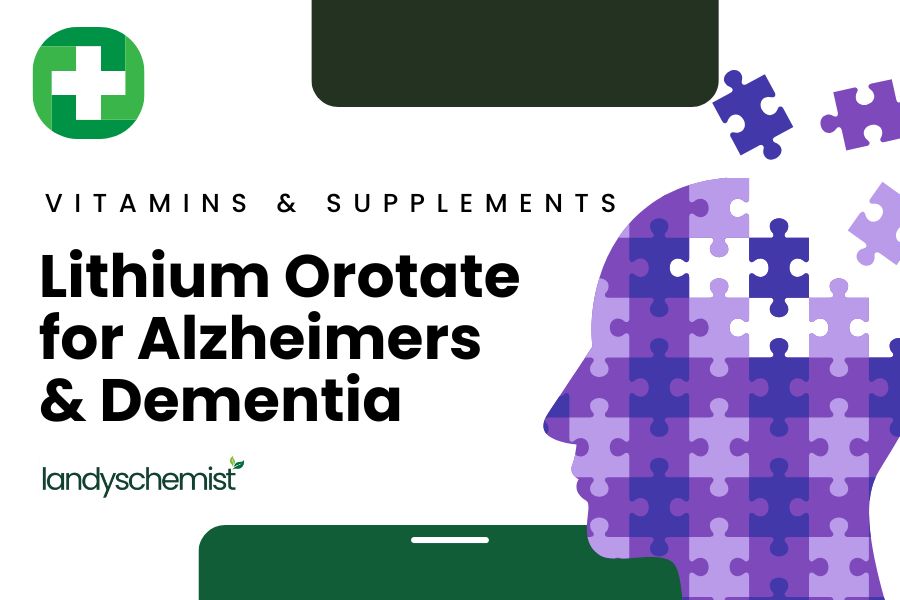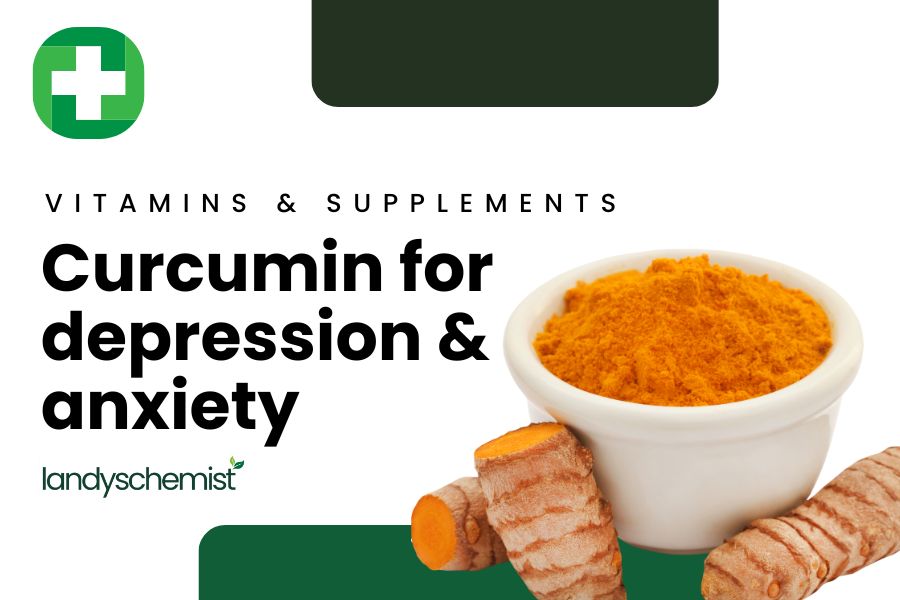
Banned Skincare Ingredients in the UK 2025
In 2025, the UK will continue to enforce strict regulations on skincare and cosmetic products to ensure consumer safety. Here's your guide to all the banned and restricted skincare ingredients.
Jump to section:
- Banned Skincare Ingredients UK
- Restricted Skincare Ingredients UK
- UK vs. USA skincare formulations
- Most Recent Skincare Ingredient Bans
- Consumer guidance
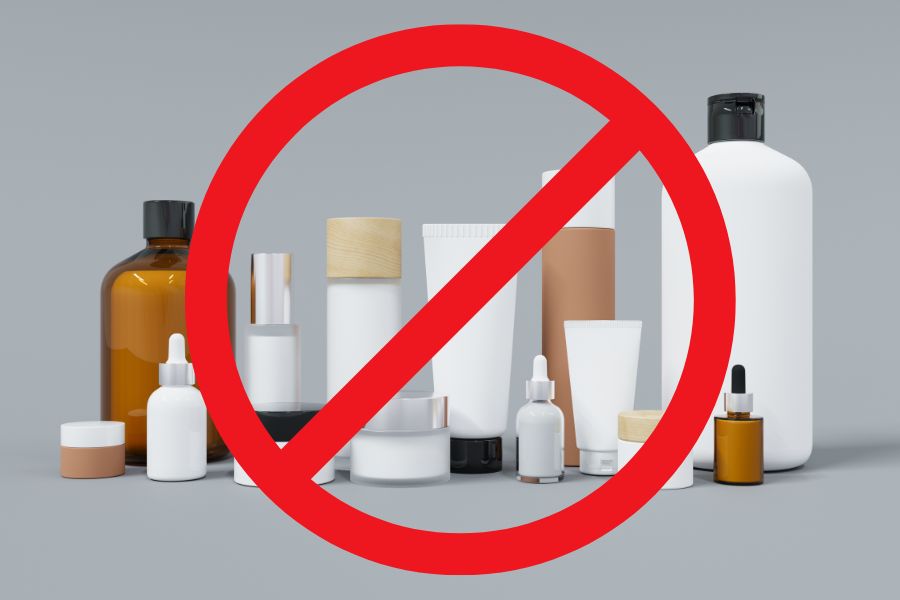
Prohibited Ingredients in UK Cosmetics (2025)
The UK enforces stringent regulations to ensure consumer safety in cosmetic products. As of 2025, several ingredients are banned due to their potential health risks:
- Butylphenyl Methylpropional (Lilial): A fragrance component banned due to its classification as a reproductive toxin.
- Hydroquinone: Previously used as a skin-lightening agent, now prohibited because of potential skin irritation and other health risks.
- Mercury and Mercury Compounds: Banned for their toxicity and potential to cause serious health issues.
- Corticosteroids: Illegal to sell in cosmetic creams without medical supervision due to potential health risks.
- Human-Derived Exosomes: Prohibited in cosmetic products because of the risk of disease transmission and regulatory non-compliance.
- Zinc Pyrithione: Previously used as a preservative and anti-dandruff agent, banned due to safety concerns.
- Sodium Hydroxymethylglycinate: A preservative banned for its potential to release formaldehyde, a known carcinogen.
- Methoxyethyl Acrylate: Banned due to its classification as a hazardous substance.
- Deoxyarbutin: A skin-lightening agent banned for its potential health risks.
- Theophylline: Banned due to its classification as a hazardous substance.
- Azadirachta Indica Seed Oil: Banned for its potential to cause skin sensitisation.
- Trimethylolpropane Triacrylate: Banned due to its classification as a hazardous substance.
- Pentetic Acid and Pentasodium Pentetate: Banned for their potential to cause skin irritation and other health risks.
Restricted Skincare Ingredients
In addition to outright bans, the UK has imposed restrictions on certain ingredients to enhance consumer safety:
- Methyl Salicylate: Commonly found in fragranced products and mouthwashes, this ingredient is now limited to specific concentrations depending on the product type and the age group it's intended for. For instance, in mouthwashes, the limit is set at 0.1% for children aged 6-10 years and 0.4% for those over 10 years and adults.
- Benzophenone-3 (Oxybenzone): Used as a UV filter in sunscreens and other cosmetics, its concentration is now restricted to 6% in face, hand, and lip products, and 2.2% in body products.
- Kojic Acid: Often used for skin lightening, it's now restricted to a maximum concentration of 1% in face and hand products.
- Retinol and Related Compounds (Retinyl Acetate, Retinyl Palmitate): While not yet restricted in the UK, the EU has set limits of 0.05% in body lotions and 0.3% in other leave-on and rinse-off products, with mandatory labeling about vitamin A content. The UK may consider similar measures in the future.
Recent Additions to the Prohibited List
In December 2024, the UK government enacted the Cosmetic Products (Restriction of Chemical Substances) (No. 2) Regulations 2024, which came into force on 31 January 2025. This regulation added 64 substances, classified as Carcinogenic, Mutagenic, or Reprotoxic (CMR), to Annex II of the UK Cosmetics Regulation, thereby prohibiting their use in cosmetic products.
Notable substances added include:
- Thiophanate-methyl
- Mancozeb
- Carbendazim
- Trinickel disulfide
- 4-vinylcyclohexene diepoxide
- 1,2,4-triazole
- Flumioxazine
- Tellurium
- Daminozide
- Dimoxystrobin
- 2-(2-methoxyethoxy)ethanol
- Divanadium pentoxide
- 2-ethylhexanoic acid salts
These substances are now listed in Annex II of the UK Cosmetics Regulation, prohibiting their use in cosmetic products.
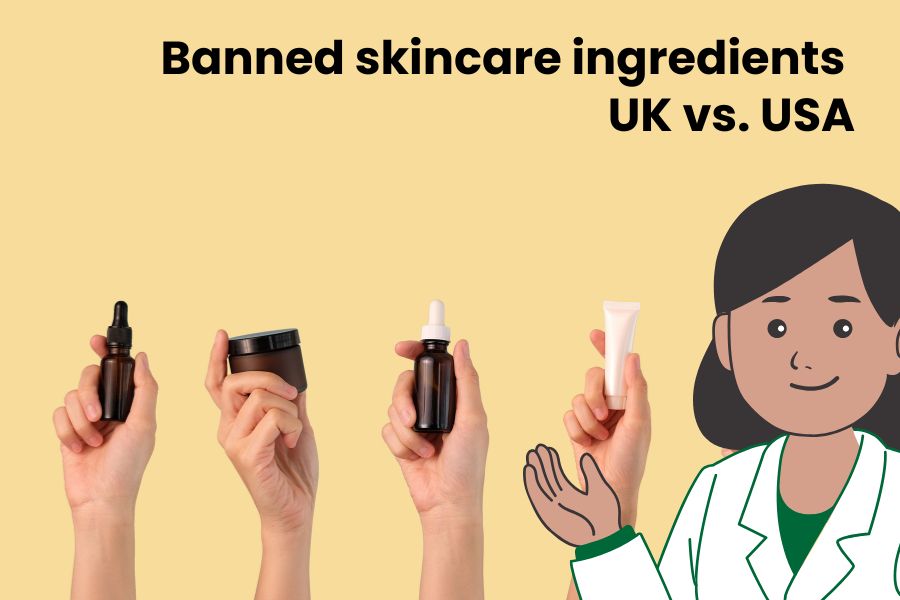
UK vs US Skincare Formulations
Differences in cosmetic regulations between the UK and the US have led to variations in product formulations for several popular skincare brands:
La Roche-Posay
- Anthelios Sunscreens: UK versions incorporate advanced UVA filters like Mexoryl 400, offering superior protection against long UVA rays. These filters are approved in the EU but not yet authorised by the US FDA, resulting in different formulations between the regions.
- Effaclar Duo:The US formulation contains benzoyl peroxide, an effective acne treatment ingredient. However, due to concerns about benzoyl peroxide degrading into benzene, under certain conditions, La Roche-Posay voluntarily recalled the US version in 2025. The UK version does not contain benzoyl peroxide and remains available.
CeraVe
- Hydrating Cleanser: The US version includes parabens like propylparaben and butylparaben, which are restricted in the EU due to potential health risks. Consequently, the UK formulation excludes these parabens, aligning with EU regulations.
- Moisturising Cream: While both versions aim to provide hydration, the UK formulation may have variations in ingredient concentrations and preservatives to meet EU safety standards.
Shop from our Skincare range and expert Dermatological Skincare Solutions to find safe, approved cosmetics.
Consumer Guidance
- Check Labels: Always read product labels to ensure they do not contain banned substances.
- Report Suspicious Products: If you suspect a product contains prohibited ingredients, report it to Trading Standards or OPSS.
- Stay Informed: Keep up-to-date with the latest regulations and banned substances to make informed choices about cosmetic products.
Staying informed about banned and restricted skincare ingredients is crucial for consumer safety. By understanding and adhering to UK regulations, consumers can make safer choices, and manufacturers can ensure their products meet legal standards.
Sources:
- The Cosmetic Products (Restriction of Chemical Substances) Regulations 2024
- The Cosmetic Products (Restriction of Chemical Substances) (No. 2) Regulations 2024
- Regulations originating from the EU - 2009 No. 1223 - ANNEX II
- Update on Photoprotection
- Limited number of voluntary recalls initiated after FDA testing of acne products for benzene; findings show a small number of products with elevated levels of benzene contamination
- https://eur-lex.europa.eu/legal-content/EN/TXT/PDF

